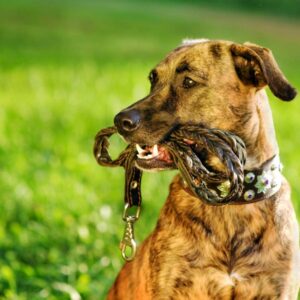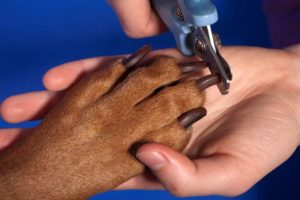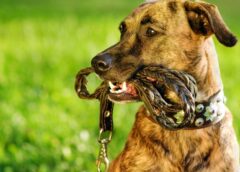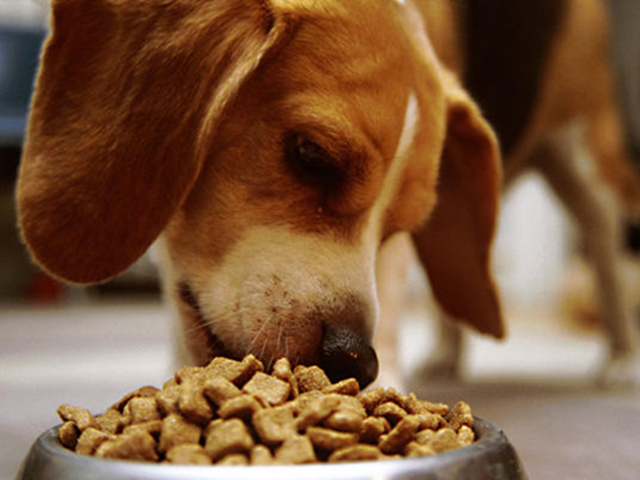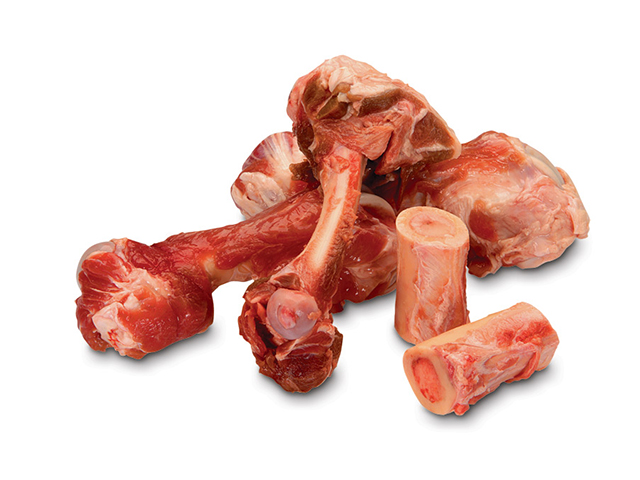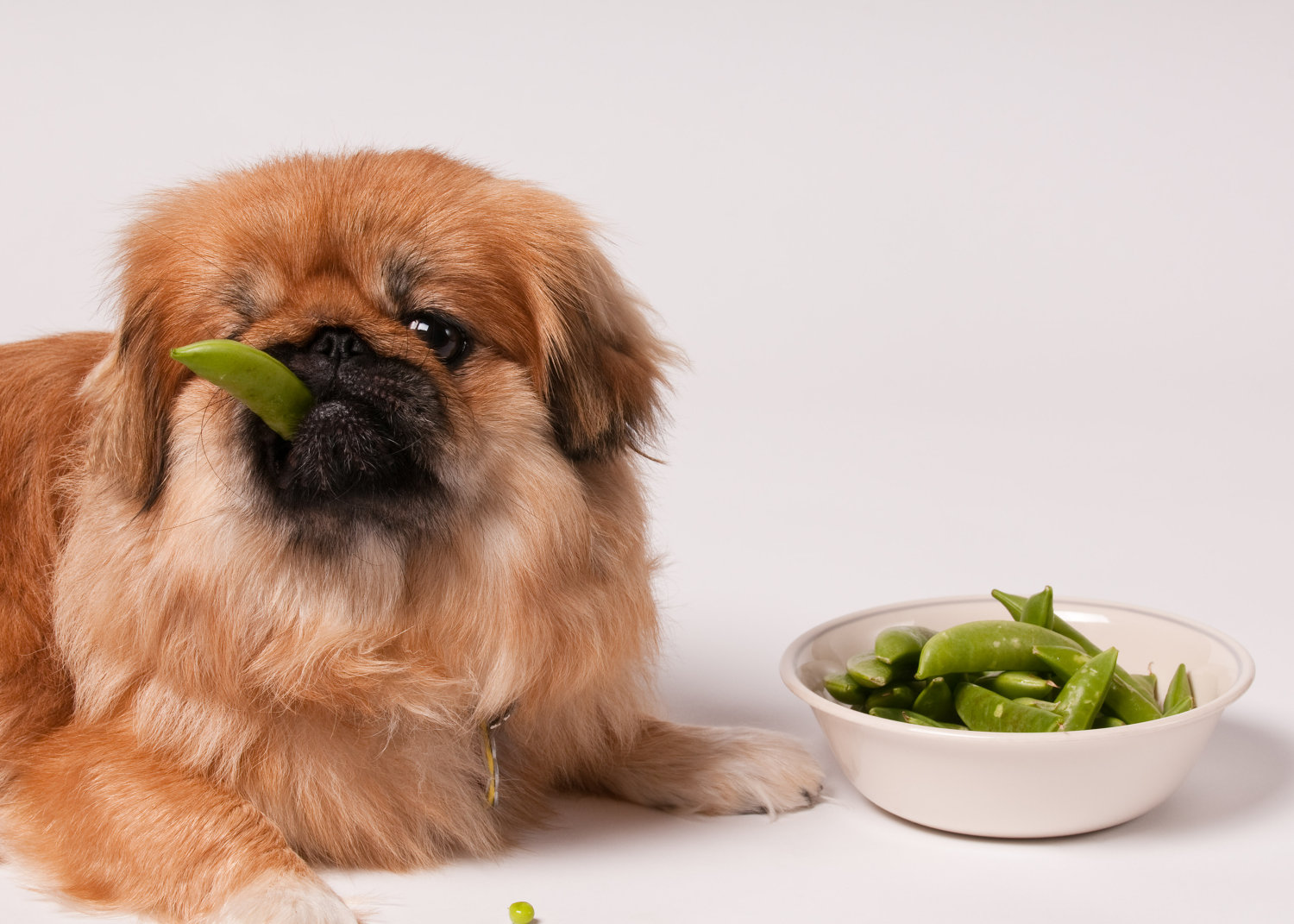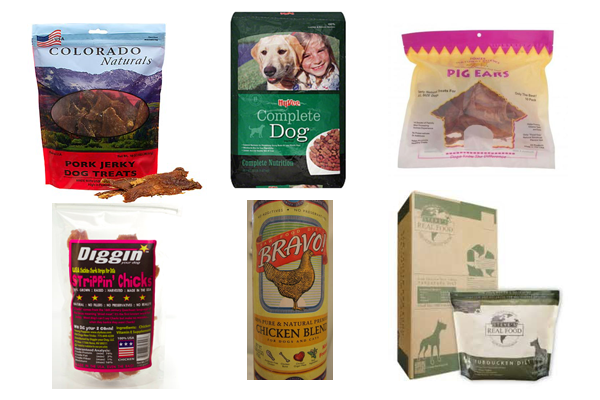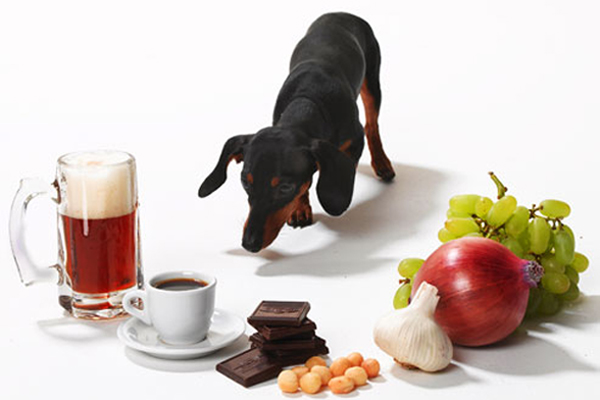This enlightening and emotional documentary takes a look at the pet food industry and the aftermath of the 2007 recall of Menu pet products. It took three years to finally air in the U.S. (January 2011). Watch it here, in its entirety while you still can. This film covers many interesting topics such as: Pet food marketing and how it has changed over the years The difference between “premium” and “discount” pet foods How pet food is actually made You’ll also meet Dr. Elizabeth Hodgkins, another veterinarian who shares my…
Read MoreYour dog needs to chew
It’s not rocket science — every dog owner knows dogs need to chew. And they happily purchase a variety of chew treats for their dogs. However, choosing a safe and healthy treat is not an easy task — it seems every day we are seeing another recall of chews for antibiotic residues, salmonella, or some yet to be determined, toxic substances. So many dogs have died from toxic jerky treats made in China. The recalls of these treats continues to expand, and I urge everyone to not purchase any jerky…
Read MoreWhy giving your pooch too many veggies is not healthy
By Evan Price While there is some popular opinion that dogs should be classified as omnivores, they are widely regarded as carnivores. The word carnivore literally translates into “to devour flesh”, and if this is what dogs are meant to do, then why would they need vegetables in the diet? After all, you would never find a dog scavenging in a cornfield for his next meal. The answer to this is simple. Obligate carnivores, such as cats, derive nearly all nutrition from meat. They may consume a small amount of…
Read MoreThe truth and myths about raw food diet for pets
By Dr. Becker Today and over the next couple of weeks I’ll be discussing my favorite topic, raw food diets for pets. I want to talk about some of the myths and truths surrounding raw food diets, but before we get to the good stuff, it’s important to have a foundation of understanding about basic nutrition. One point that no one argues is that for optimal health to occur, animals must consume the foods they were designed to eat. I call this a species-appropriate diet. So vegetarian animals must eat…
Read MoreRecall Alert! Make sure you don’t feed your dogs these foods and treats
2/21/2013 – CO Department of Agriculture tested retail sample of Kasel pet treat product – found it to be positive for Salmonella 2/22/2013 – Hy-Vee dog food recall due to elevated levels of a toxic compound commonly found in contaminated corn 3/6/2013 – Jones Natural Chews Company recalls chews for potential contamination of Salmonella. 3/7/2013 – Diggin’ Your Dog announced voluntarily withdrawing of its Strippin’ Chicks Pet Treats potentially contaminated with Salmonella 3/12/2013 – Bravo! Raw Food Diet 2 lb. Chicken Blend for Dogs and Cats for salmonella 3/7/2013 –…
Read MoreWhy do our dogs eat grass?
Who hasn’t wondered, “Why does my pet eat grass?”, right? The truth is there isn’t one clear reason. What we do know is that eating small amounts of grass can be a harmless, albeit curious, thing for a perfectly healthy dog or cat to do. But when nibbling turns into gulping great hunks of the stuff — and grassy vomit hits the kitchen tile — it’s time to wonder what’s going on. Causes Your vet may consider several reasons your pet is eating grass, including these: 1. Behavioral drives. Pica is a…
Read MorePet Poisons From A to Z — 26 Common Items That Are Dangerous to Cats and Dogs
by Dr. Mary Fuller It can happen to even the best pet owners. You turn around for one second and the dog is into the chocolate that was sitting on the counter, or the cat has discovered the Easter lily you thought was safely out of the way. “We just don’t realize how determined our pets are to eat the things they shouldn’t,” says Dr. Tina Wismer, DVM, medical director for the ASPCA Animal Poison Control Center. Of the more than 180,000 cases that the organization handled in 2012, most of…
Read MoreLucky dogs get shot at diabetes cure
Researchers from the Universitat Autonoma de Barcelona (UAB), led by Fatima Bosch, have shown for the first time that it is possible to cure diabetes in large animals with a single session of gene therapy. As published in Diabetes, the principal journal for research on the disease, after a single gene therapy session, the dogs recover their health and no longer show symptoms of the disease. In some cases, monitoring continued for over four years, with no recurrence of symptoms. The therapy is minimally invasive. It consists of a single…
Read More

